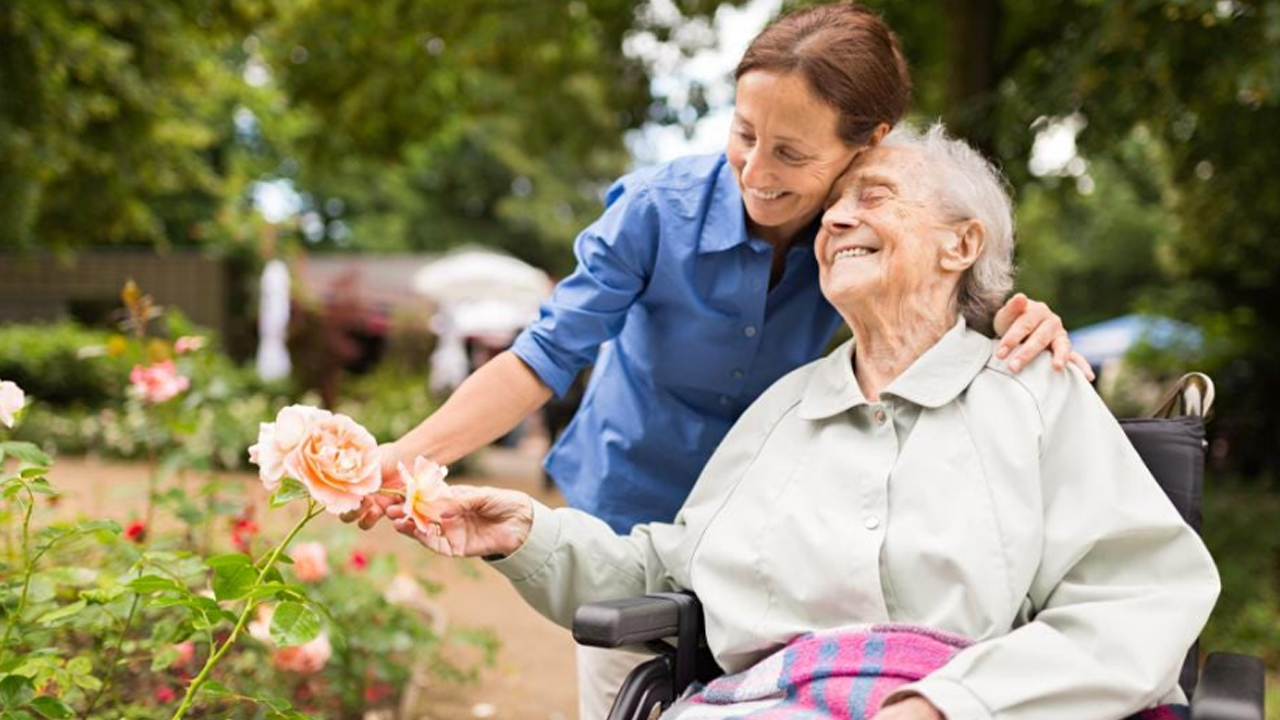These are general instructions for your care after surgery.
If you go home within 24 hours after surgery:
You must have an adult with you to drive you home from the hospital and stay with you for 24 hours.
Rest for the first 24 hours. You may experience dizziness, lightheadedness, and tiredness. This is normal and should get better by the next day.
Do not drive, operate machinery, or make important personal or legal decisions or sign legal forms for the next 24 hours.
Take care of the following
1 Drug
2 Movement
3 Diet and defecation
4 Incision care
5 Medicines
Medicines for Pain after surgery
You may have pain after surgery. Take your medicines as prescribed. If your pain is not under control, it will take longer for you to recover. Taking pain medication before doing an action or before the pain gets worse often helps. Keep sugar levels and BP under check
Movement
You may need an assistive device, such as a walker or cane, while you recover. Avoid activities that strain your incision for at least 6 weeks. If you have had abdominal (lower abdomen) or chest surgery, support your incision with a pillow or blanket while you move or cough. If you were taught how to cough, breathe deeply, or use an incentive spirometer in a hospital, you can continue to do so at home. Do not lift more than 10–15 lb (5–7 kg) for the first 2 weeks. When lifting things, keep your back straight and lift with emphasis on your legs. Walking is encouraged. Gradually increase the length, time, and distance of walking daily. Staying active and walking can help prevent blood clots that form after surgery. To prevent blood clots, your doctor may also ask you to do ankle exercises or other exercises, wear special socks, or take injections to thin your blood. You may have to climb and descend stairs. Get on and off them slowly and ask for help if needed. Do not drive, return to work, resume sexual activity, play sports, or do any heavy activity unless your doctor gives permission.
Diet and defecation
It is normal to have mild nausea or vomiting after surgery. If you feel nauseous, start with clear liquids and light meals such as toast, rice, or noodles. After the nausea is gone, you can go back to your normal diet. Avoid foods that cause you discomfort. Do not drink alcohol after surgery To avoid constipation, eat fruits, vegetables, and grains containing the peel and drink at least 6-8 glasses of water daily. If you do not have a bowel movement for 3 days after surgery, you may need to take laxatives or mild laxatives. Call your doctor for more instructions.

 Home care after surgery helps in correct recovery. So, if you have undergone surgery, here are some important tips that must be followed by you
Home care after surgery helps in correct recovery. So, if you have undergone surgery, here are some important tips that must be followed by you









.jpeg)

.jpg)







.jpeg)



.jpg)


.jpg)




.jpg)


